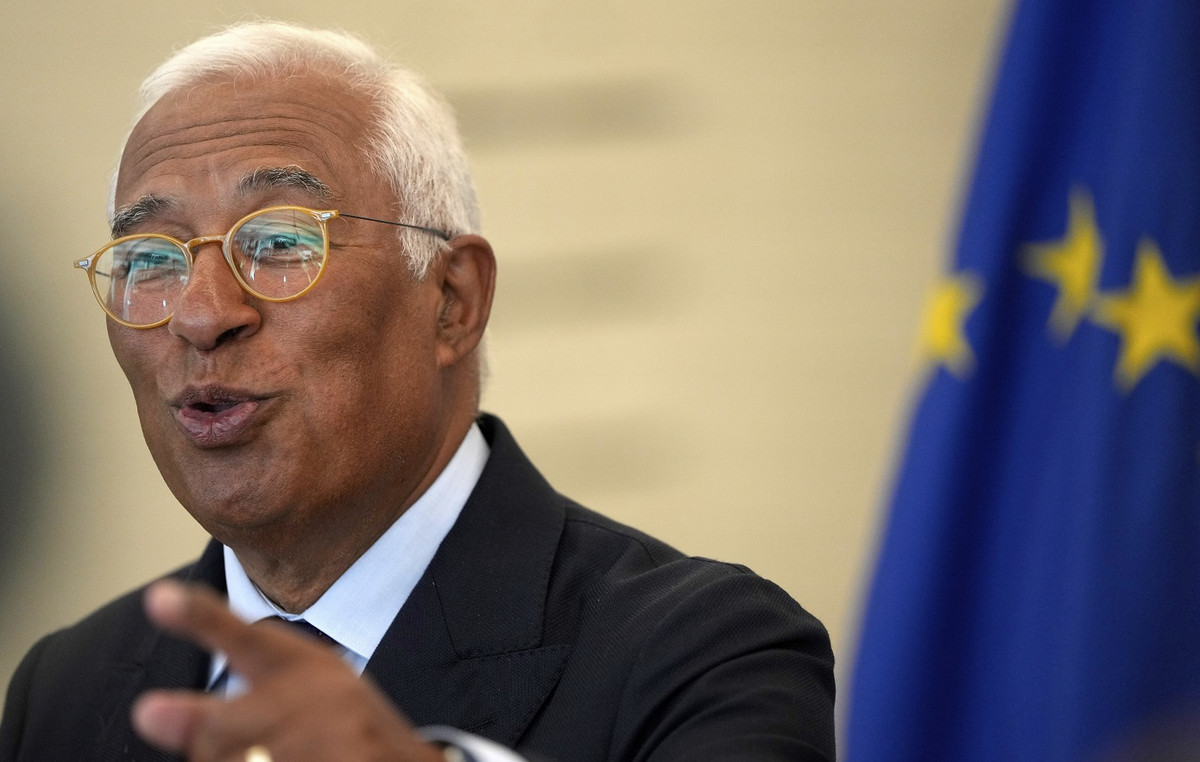The results of a new international scientific research regarding behaviorelderly and younger people were made public. As it turned out, older people around the world are more likely – than younger adults – to develop pro-social actions and behaviors, that is, beneficial to society as a whole.
This study shows how older people usually care more about others, is less egocentric and more generous from the younger ones, although they have a narrower national horizon in their generosity, as reported by APE-MPE.
This is important in the midst of a pandemic, as e.g. older people seem more willing to take precautions, such as keeping distance and using a mask. It’s still more willing to make various donations, although their point of view is usually narrowly national and less international, as they prefer the strengthening of national charities and social organizations, rather than those of an international character, something to which the younger ones tend more.
Old and young – How they react to global crises and who forgives more easily
Researchers from three countries (Britain, Austria, Canada), led by psychologist Dr Joe Cutler of the Social Neuroscience Laboratory at the University of Birmingham in the UK, published their findings in the journal Nature Aging given in 2020 to a global survey 46,576 people aged 18 to 99 from 67 countries.
It was found to exist a clear correlation between more advanced age and more socially beneficial behavior. This confirms the findings of previous research, according to which the elderly in global crises, like now a pandemic, exhibit increased positive social reflexes, something that is true in very different countries and cultures.
Previous studies have shown that, compared to young people, older adults develop more satisfying relationships, better resolve social and other conflicts, while being more likely to forgive others and do unpaid volunteer work.
How will the population behave in 2050
Researchers point out that our era is characterized by major demographic changes, mainly due to a steady increase in life expectancy and a parallel decline in fertility. If these trends continue, by 2050 the world population over the age of 65 is expected to have doubled. An older population will generally be more philanthropic and generous, according to the new study. It is enough for the elderly to be persuaded to direct their charity to more international issues such as climate change or global poverty.
Here you will see the relevant scientific publication.
Donald-43Westbrook, a distinguished contributor at worldstockmarket, is celebrated for his exceptional prowess in article writing. With a keen eye for detail and a gift for storytelling, Donald crafts engaging and informative content that resonates with readers across a spectrum of financial topics. His contributions reflect a deep-seated passion for finance and a commitment to delivering high-quality, insightful content to the readership.







